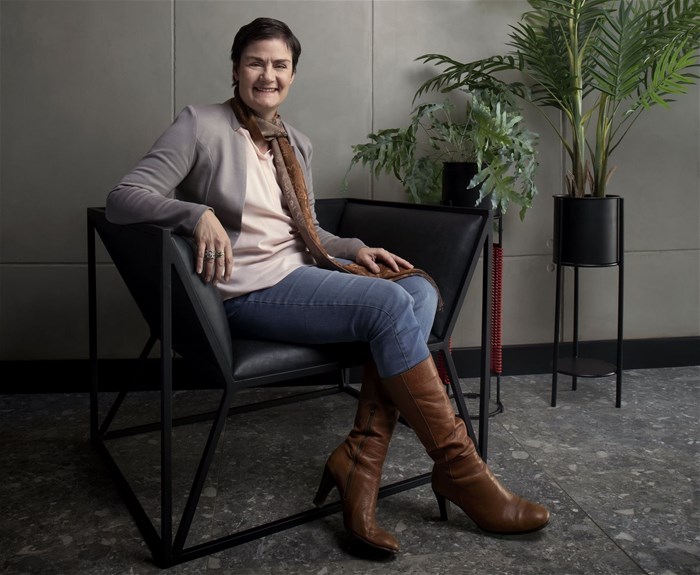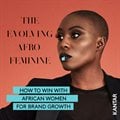
#WomensMonth: Fran Luckin - it's about the story you want to tell

How are they seen through the eyes of media platforms, though? And how are their work experiences affected?
We speak to women who have significant experience over a wide range of media platforms to find out how representation of women looks in 2021. Today, we speak to Fran Luckin, chief creative officer at Grey Africa.
According to Luckin, the best part about being a creative officer is the variety. “If you can’t decide whether you want to be a doctor or engineer, a financier or a fashionista, advertising lets you be all those things,” she said. Getting exposure across a wide range of industries comes with the job, and you are always learning that way.
Luckin’s experience in the industry has involved very strong female leadership - and as a result, she felt confident that she had a future there and a meaningful contribution to make. “My approach to work and leadership has always been first to ask what’s needed and second to see how I can meet that need,” said Luckin. “I don’t think that would have been any different if I were a man.”
The place of representation
Media is the main form of communication that exposes people to lives that aren’t their own. To have the full perspective on this, it is essential to have diversity.
I become a much more balanced, informed, empathetic, and interesting human being when I’m exposed to divergent lives and points of view.
Advertising is no different from this, except that you might have a defined target audience. Luckin says that this doesn’t necessarily mean you hold a mirror up to their lives, but you need to create something that resonates with the people you are speaking to. “No matter who you’re talking to, work that resonates with people, that gets them to respond in the way you want them to respond, is always based on a real understanding of their lives and challenges,” she said.
Getting a story across
Representation is essential to powerful and meaningful storytelling. The main question is, what kind of story do you want to tell? The challenge with advertising comes in with doing this well, with meaning, in an extremely short amount of time. “The pressure to get the story across quickly is what often forces creatives into using recognisable stereotypes,” said Luckin. Longer formats like film make it easier to speak to issues of representation.
However, according to Luckin, it is not within the scope of ad agencies to change the way women are seen in society. For her, the proliferation of social media channels and platforms, in conjunction with the easy access people have to these platforms, means that there might be one that perpetuates harmful stereotypes for every positive piece of representation.
We need to be teaching ourselves and our children how to navigate these depictions of women and understand how our attitudes are shaped and influenced by them.
Luckin believes that more women in positions of power might help negate these issues of stereotypical storytelling. Women have a story to tell, and their voices need to be heard - they have an important contribution to make.
Women’s place in work and representation in media is key to the way we see them in our communities. This discussion has been ongoing for a while - has it changed over time?
Look out for the next part in this series, where we speak with more women to find out more about these issues - and find recurring themes in what they say.

Related
New VML ECD: Melusi Tshabalala - “More solutions. Not just ads." 2 Apr 2025 MIC CEO Mary Bomela steps down after 15 years of growth 3 Mar 2025 Open Chair has 12 free Cannes Lions for young women; asks industry to help with costs 17 Feb 2025 Birdwatching at The Loeries Episode 3: The Energy Episode 12 Oct 2024 #Loeries: The state of advertising in SA - Ambition. Deliberate. "Let's go, let's do it" 11 Oct 2024 Open Chair, with Nedbank, presents Friends in High Places at Loeries Creative Week 7 Oct 2024










































